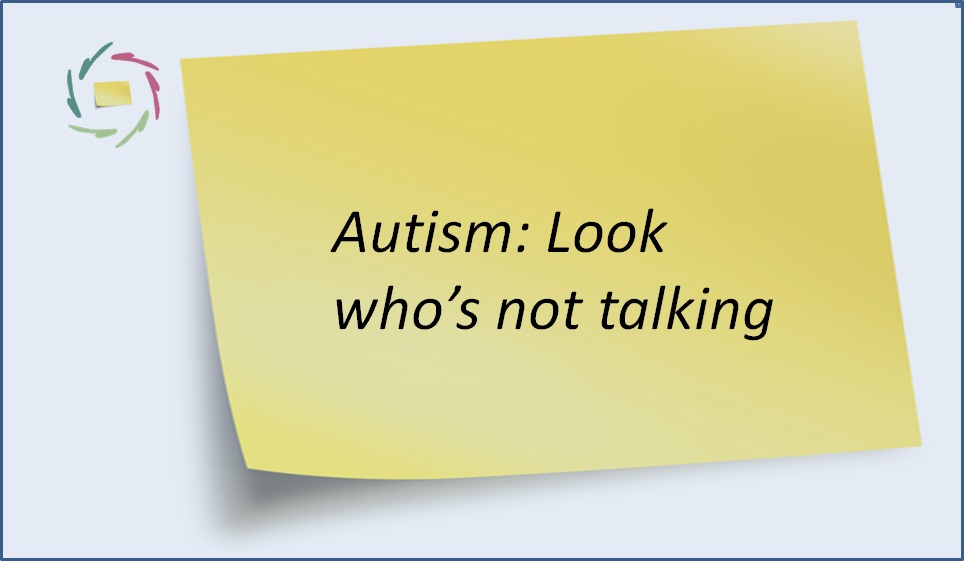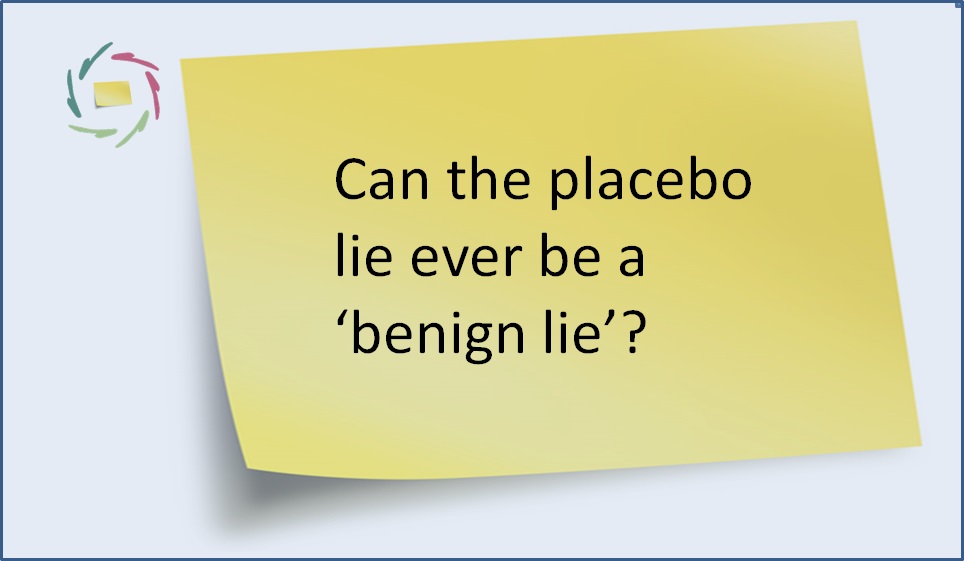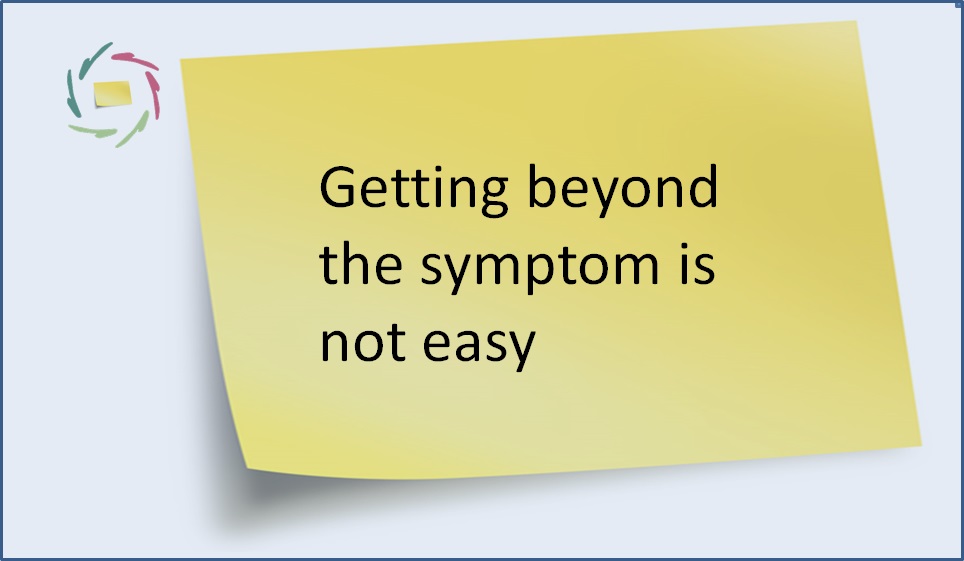62. Autism: Look who’s not talking

I’m ashamed to live in this age of disgrace.
◊◊◊
As with all ‘categories’ that are no real categories but only feable attempts to uphold an idea of ‘knowing’, there are of course many causes of the phenomenon called ‘autism’. Sure there is genetics involved as well as several physical environmental factors. Is this not the case with any human characteristic? Do you know an exception?
◊◊◊
- My feeling of disgrace is not about this but about the one thing that is almost ferociously fought against by many: the psychological factor in cause as well as in management of autism. The more so because this problem is central to the lives of millions of children and adults …
◊◊◊
Yep. I’m suggesting that psychological factors are really -even very- important in the genesis of many cases of autism. And yep. I know I’m falling now in the eyes of those who have the habit of not reading half a sentence further when they feel a certain ‘holy opinion’ being violated. Especially when hidden agendas are full of repressing (or trying to) deep feelings of guilt…
◊◊◊
Let me therefore quickly (enough?) disclose the second half of the autistic sentence: guilt is not necessarily involved when one says ‘psychological’. Actually I think it almost never is. What causes the misunderstanding, is that human psyche is tremendously much wider than is generally thought. ‘Guilt’ belongs to a very small part of it, but not to the whole. It’s therefore no good reason to ignore the whole, or even any small part of it. Ignorance leads to personal tragedies.
◊◊◊
It may be politically comfortable to ignore the psyche. But it’s not my politics.
◊◊◊
Parents (or parent figures) of autistic children are not guilty. However, they are responsible to go as deeply into it as needed. Including psychology. Autistic children are in desperate need to ‘come out’. They are prevented from doing so. This is not because they are ‘weak’ but because they are simply different, namely: in a deep way very much more sensitive. Now, being very sensitive is an asset, not primarily a weakness. It’s the environment that artificially makes it into ‘weakness’. Do you call a flower ‘weak’ when it is overrun by a bulldozer?
◊◊◊
Fact is: the bulldozer has no reason at all to be there.
◊◊◊
Look at autism in another way: these children (and adults) don’t understand the language that is generally spoken. On the contrary, they are much more able to understand ‘whispering’ (see related Sticky)… but this is not available to many people, autistics included. This is not fair at all. Parents want to talk to their autistic children, but the only things they produce are utterances that are (relatively) painful to the heart. If nothing comes through but what is all too painful, the painful is expected and the gates are closed. This doesn’t happen at a conscious level, but it happens nevertheless. Ignoring it may be comfortable to the ignorers, but only for a little while. The problem is that many are stuck in this little while.
◊◊◊
If it takes a hero to overcome this, then be a hero. That’s final.
◊◊◊


